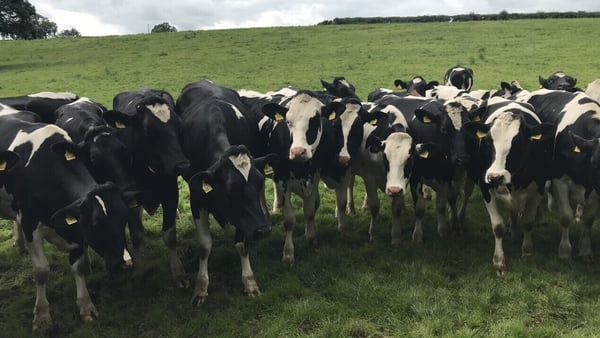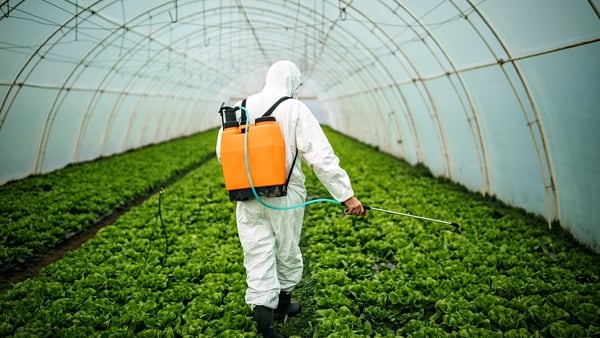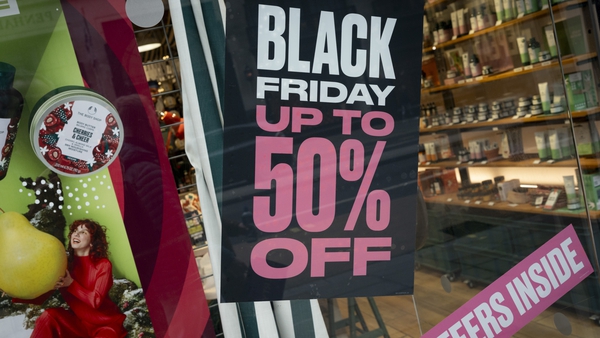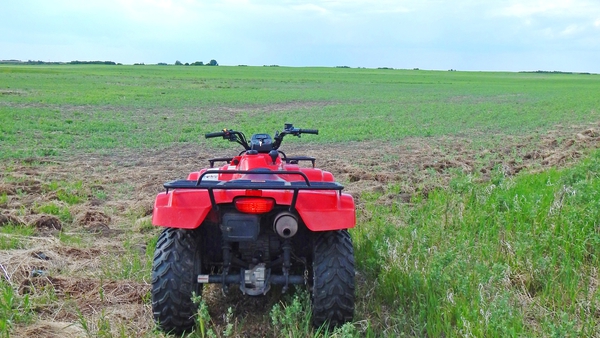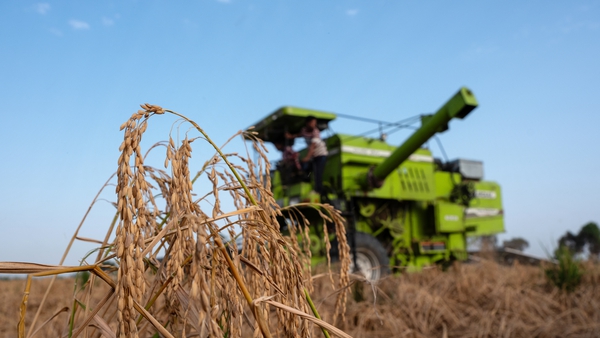A vote in Brussels this morning to renew EU approval for the use of the herbicide glyphosate has failed to reach the necessary majority to approve or reject it.
The vote took place at the Standing Committee on Plants Animals, Food and Feed.
Under EU rules, a qualified majority is required to make a decision. That requires support of 55% of member states, representing 65% of the bloc's population.
The proposal now automatically goes to the body's appeal committee, which will take a vote next month.
A decision on the renewal of glyphosate approval has to be taken by 14 December, as the current approval runs out on 15 December.
Glyphosate is the most widely used herbicide in the world and is used extensively in agriculture, especially tillage.
It also used in parklands, golf course and private gardens.
The Government voted in favour of reapproval, as it is an important product widely used in agriculture.
The proposal voted on today was to renew approval for glyphosate use in the EU for ten years.
It came from the European Commission after the European Food Safety Authority said in July that there were no "critical areas of concern" over the impact of glyphosate on humans, animals and the environment.
That opinion was based on a 2022 assessment by the European Chemical Agency that concluded glyphosate did not meet the scientific criteria to be classified as carcinogenic.
The Irish Farmers' Association (IFA) described this morning's vote as "very concerning for EU agriculture".
IFA National Grain Chairman Kieran McEvoy added: "The European Food Safety Authority has identified no critical areas of concern with products containing glyphosate.
"It is positive to see that Ireland followed the conclusions of the assessment, but disappointing that other member states appear unwilling to fully accept the scientific evidence on glyphosate."
Mr McEvoy said the herbicide is vital to the transition of Irish agriculture to a more sustainable model.
However, many groups opposed to the use of the product have argued there in plenty evidence glyphosate is harmful to humans, animals and the environment.
They also point to the fact the European Chemical Agency itself noted there was a shortage of information available about some effects of the herbicide.
However a spokesperson for the Environmental Pillar and NGO Cultivate, Oliver Moors, said there is ongoing concern about glyphosate.
"We know that the European Chemicals Agency classify glyphosate as 'toxic to aquatic life'. This in itself should be cause for pause.
"Glyphosate is the active ingredient in Roundup, which is ubiquitous. It's used all over Europe, including Ireland, from roadside curbs to school gardens to farms. And it shows up in our bodies in tests.
"There are concerns that European authorities are too dependent on the powerful chemical industry for data.
"In the case of the approval of other biocides such as DNT, it has emerged that pesticides makers withheld important studies from EU authorities which they had made available to US authorities."
Mr Moore also pointed out that although European authorities do not accept that glyphosate is carcinogenic, the International Agency for Research on Cancer categorises glyphosate as possibly carcinogenic to humans.


